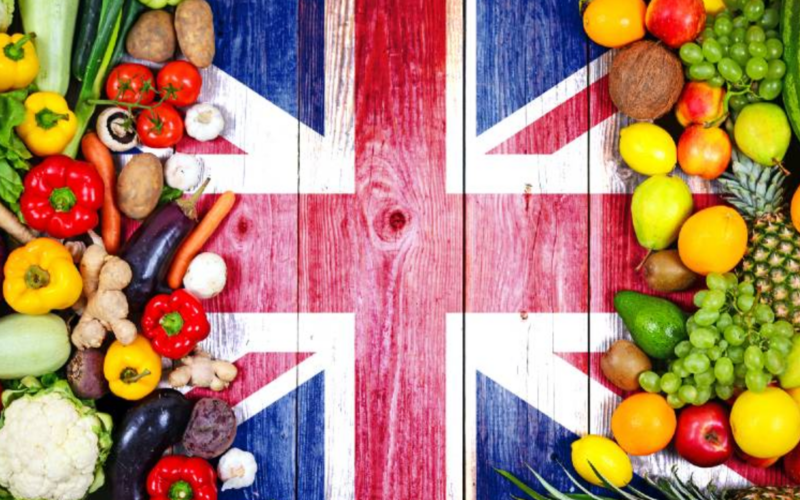In the aftermath of Brexit, UK food companies exporting goods to the European Union have encountered significant financial burdens, amounting to an additional £170 million. The transition away from the seamless trade relationship under the EU umbrella has led to bureaucratic hurdles and increased expenses for British businesses.
These staggering figures underscore the tangible economic repercussions of the UK’s departure from the EU, particularly for industries deeply integrated into European supply chains. The added costs have arisen primarily due to new customs procedures, regulatory checks, and other trade barriers erected in the wake of Brexit.
According to recent reports, UK food exporters have been grappling with a slew of challenges since the implementation of post-Brexit trade rules at the beginning of this year. Delays at border crossings, additional paperwork, and compliance with varying regulations across EU member states have contributed to a substantial rise in operational expenses for British companies.
The £170 million in extra costs represents a significant strain on the profitability and competitiveness of UK food exporters, many of whom rely heavily on access to the EU market. The food and beverage sector, in particular, has voiced concerns over the sustainability of current trading conditions, with fears that prolonged financial burdens could jeopardize long-standing trade relationships and market access.
Moreover, the impact of Brexit-related disruptions extends beyond monetary losses, as businesses also face logistical complexities and uncertainty in forecasting future trade dynamics. The abrupt shift in trade protocols has forced companies to navigate unfamiliar territory, leading to logistical bottlenecks and supply chain disruptions.
In response to these challenges, industry representatives have called for greater government support and streamlined trade procedures to alleviate the financial strain on UK exporters. Urgent measures are needed to mitigate the adverse effects of Brexit on the food industry and safeguard the competitiveness of British businesses in the global market.
As the UK continues to adjust to its new trading reality outside the EU, the true extent of Brexit’s economic consequences is becoming increasingly evident. While proponents of Brexit argue for long-term benefits and greater sovereignty, the short-term challenges facing UK food exporters underscore the complexities and uncertainties inherent in untangling deeply entrenched trade relationships. Moving forward, concerted efforts will be required to address the immediate concerns of businesses and ensure a smoother transition to post-Brexit trade arrangements.








